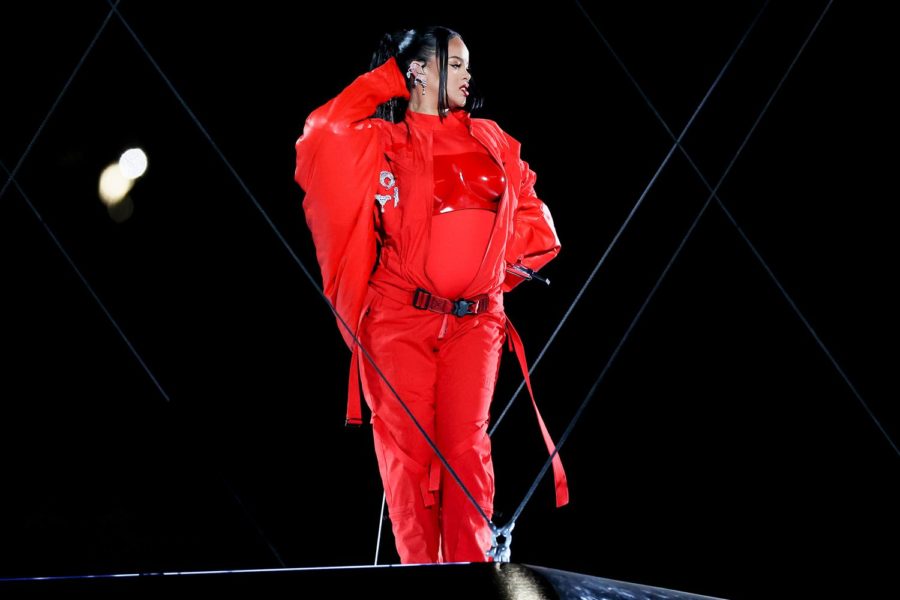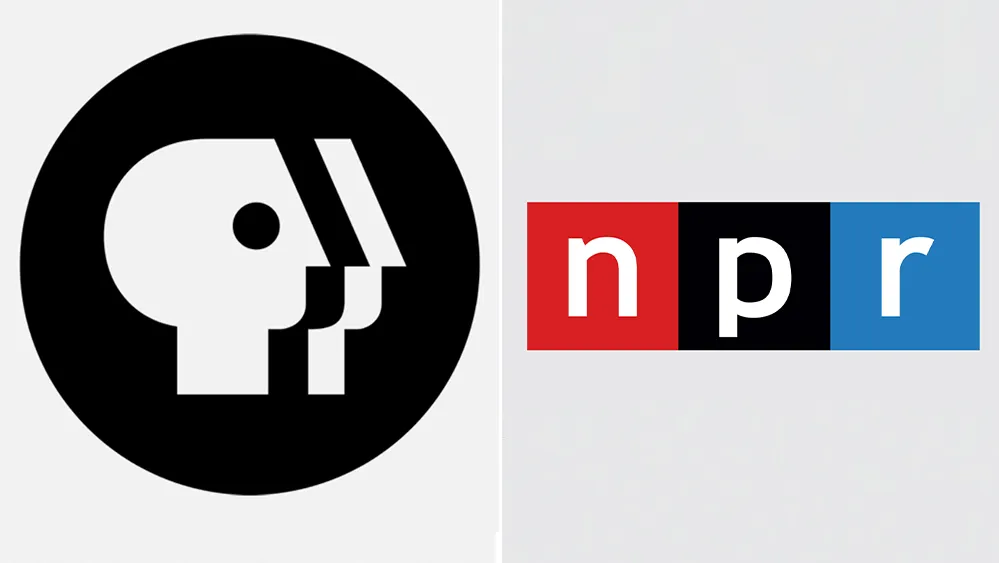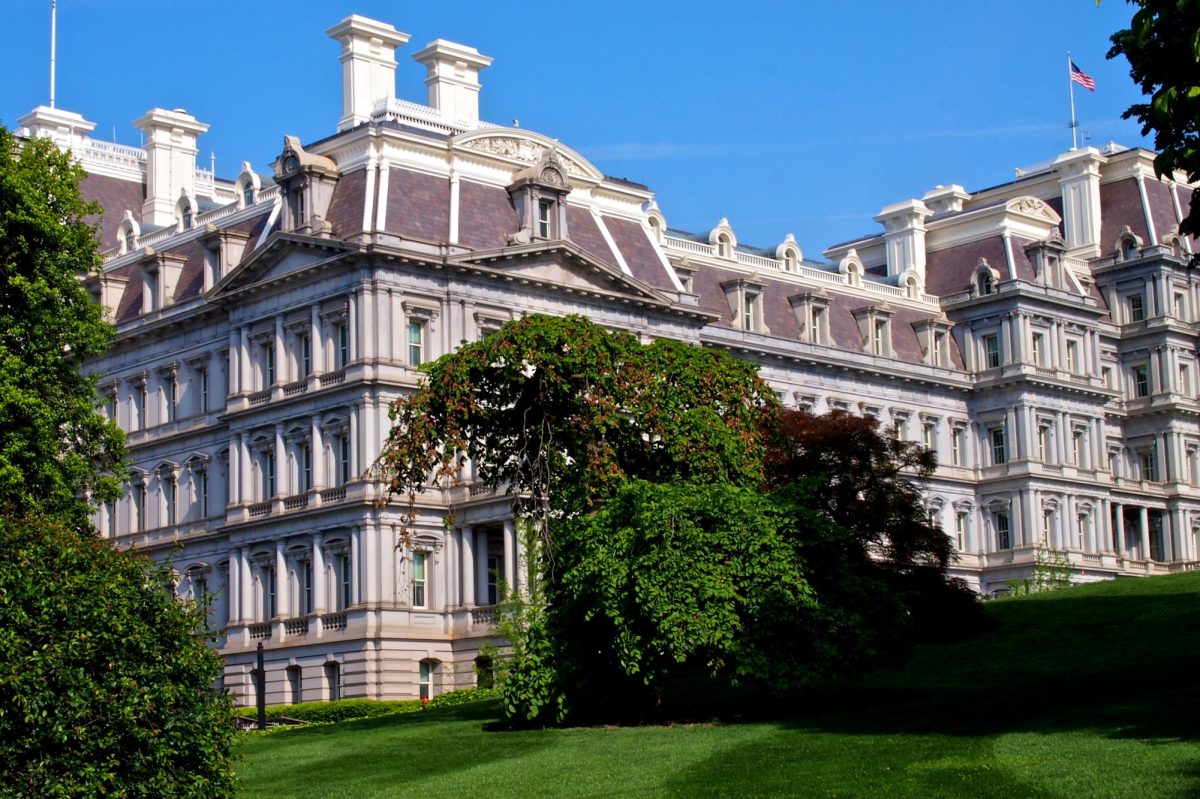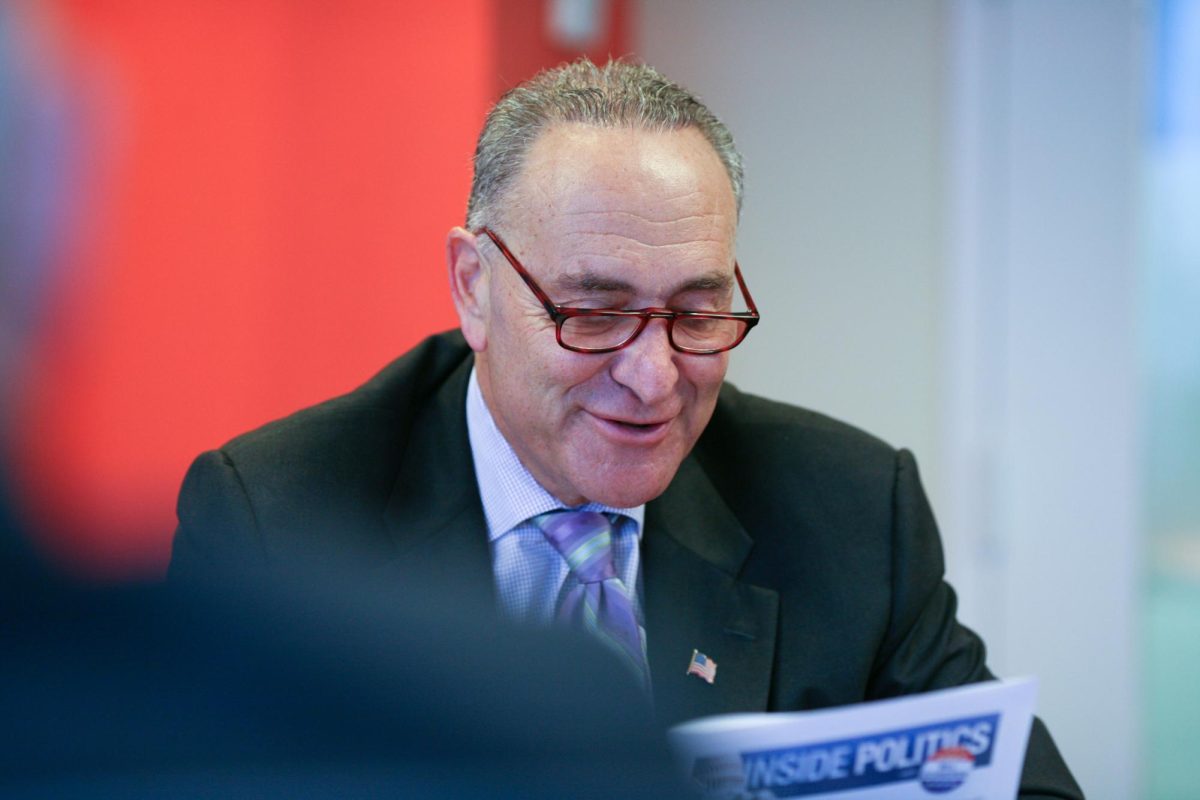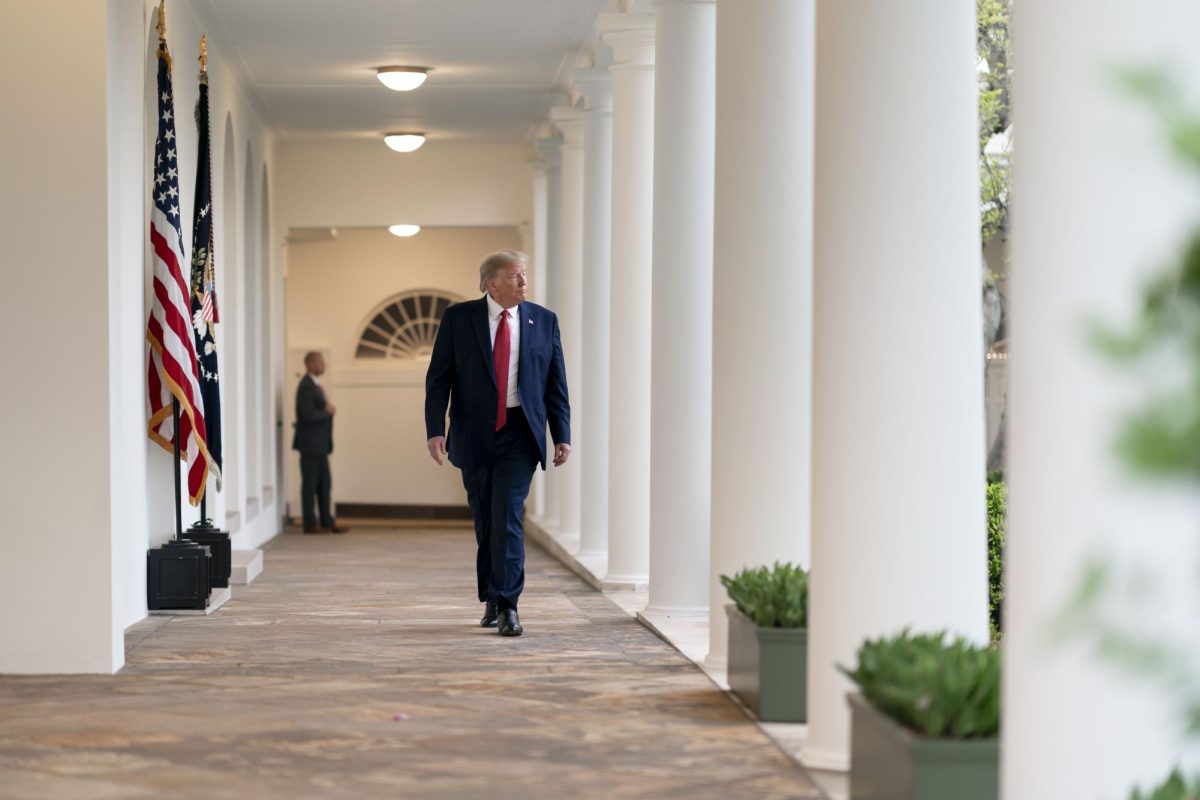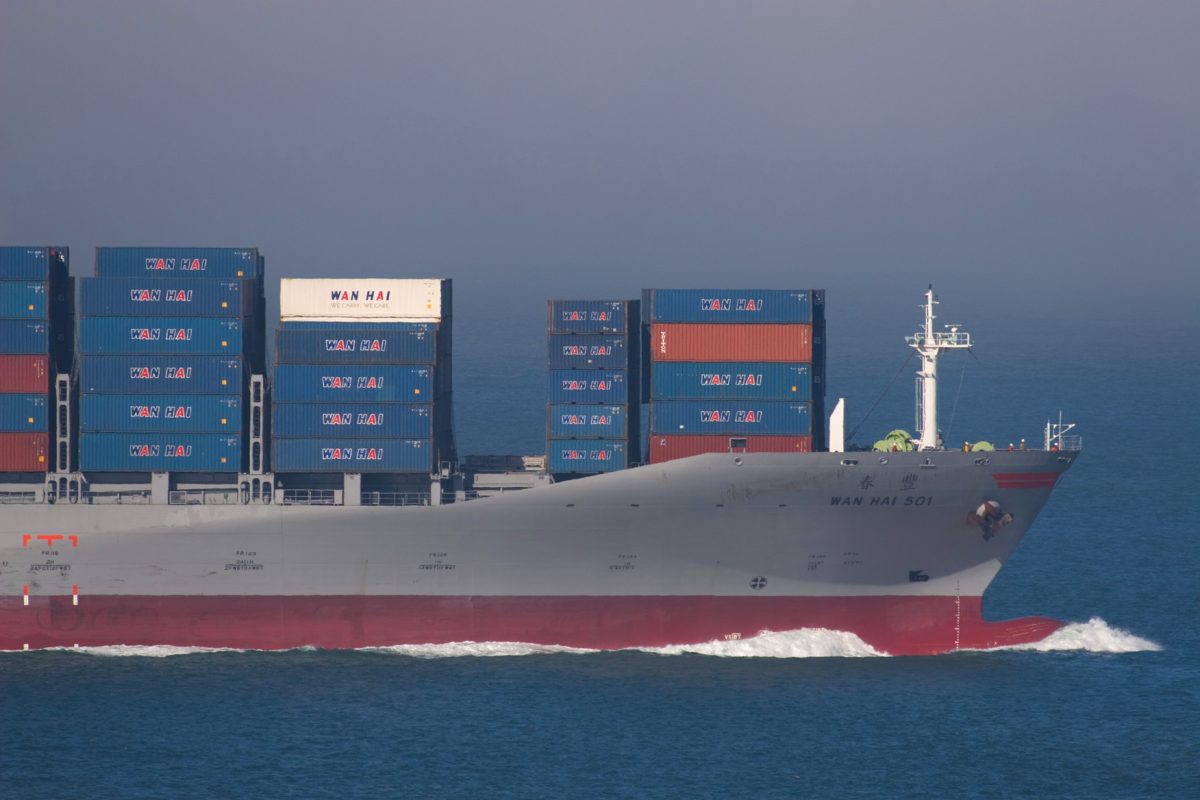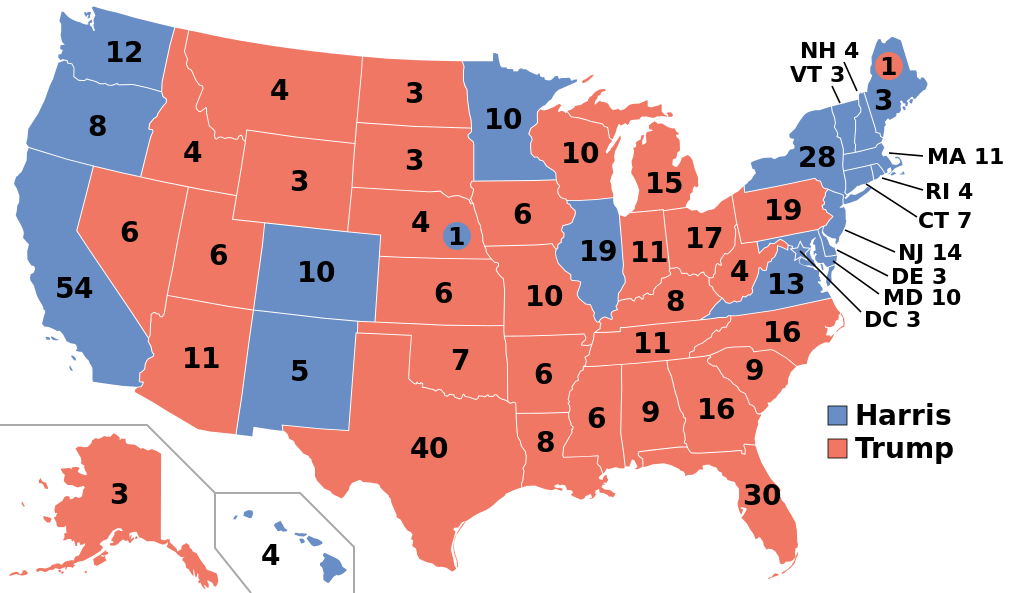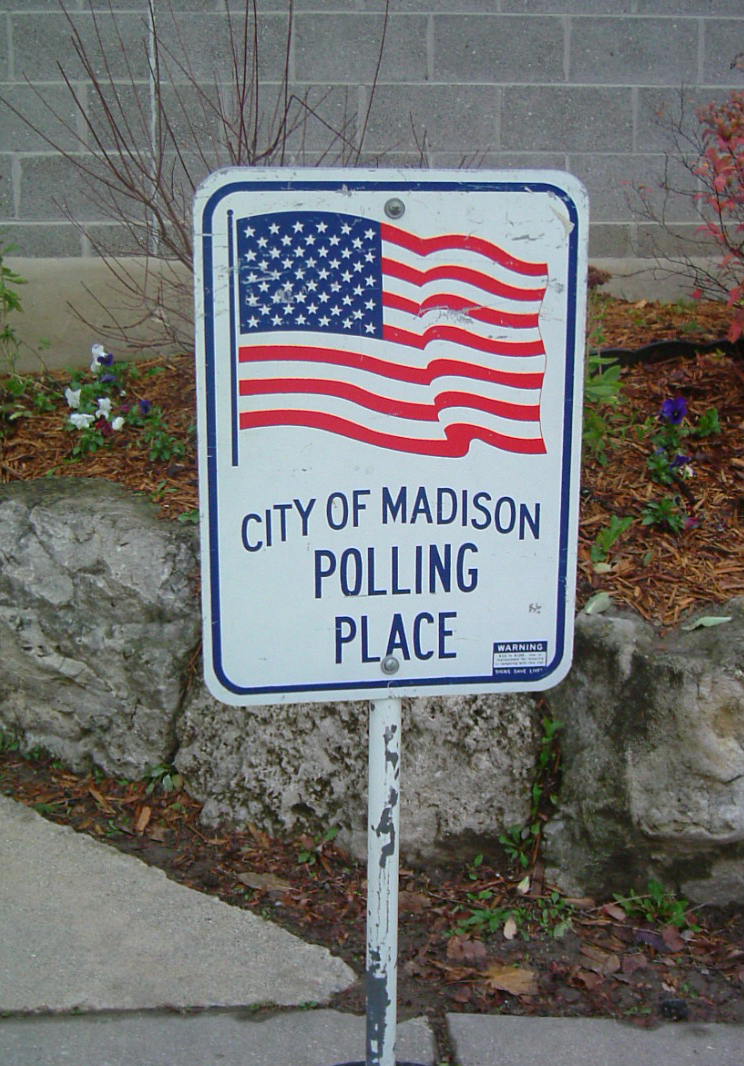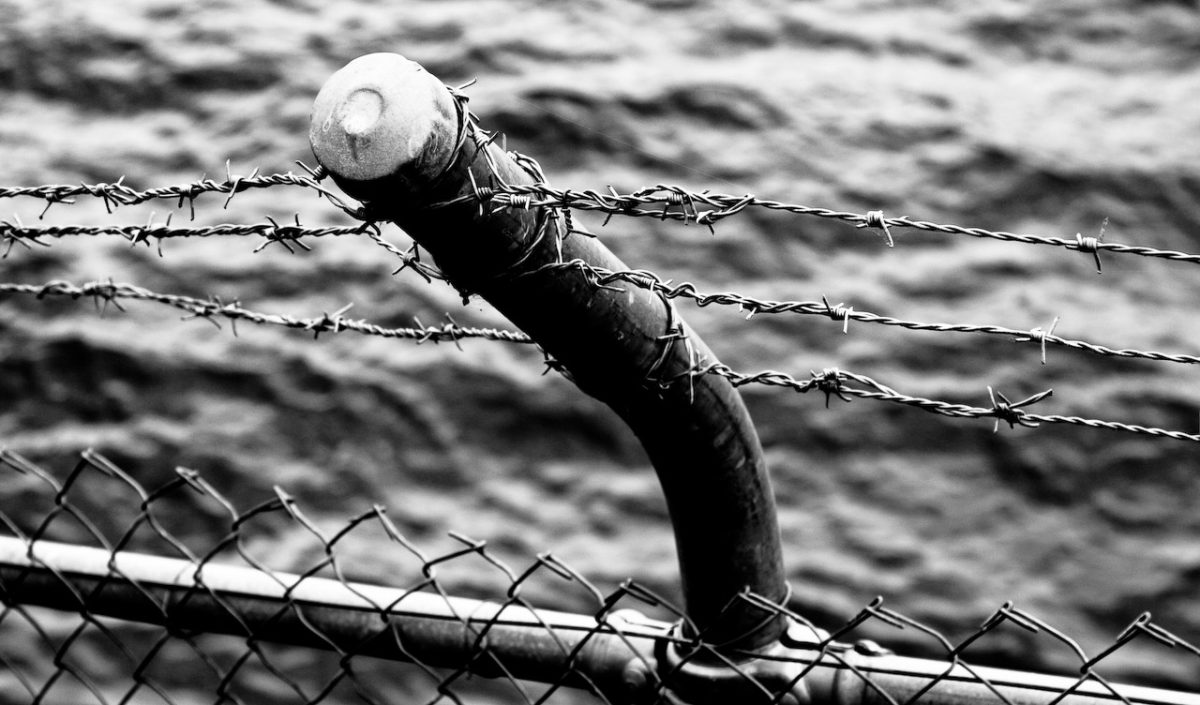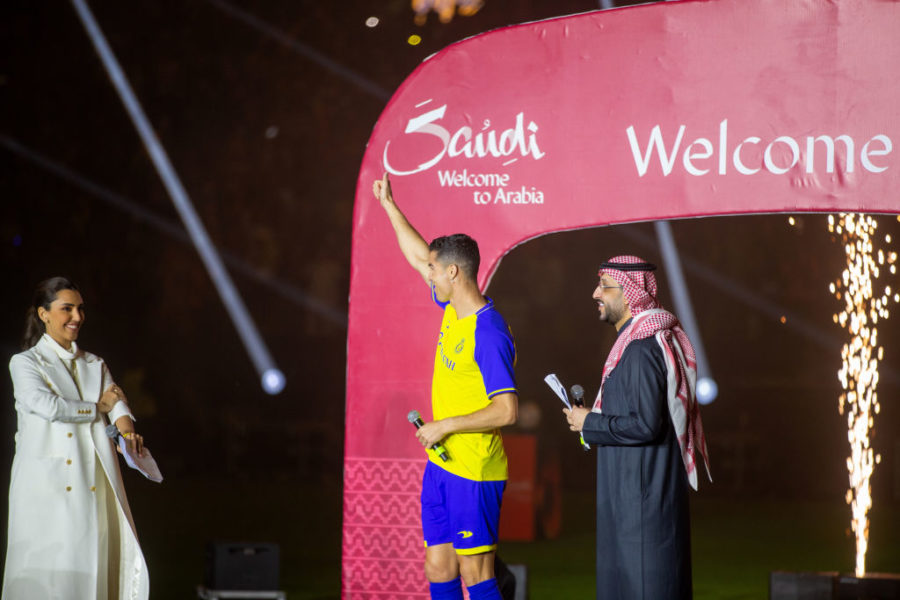Saudi Arabia’s World Cup 2030 Bid Plan Is Peak “Sportswashing”
Al Nassr’s extravagant welcome for forward Cristiano Ronaldo
February 5, 2023
Fans poured in to watch AC Milan and Inter Milan face off in the Italian Super Cup at the King Fahd International Stadium in… Saudi Arabia in mid-January. A week earlier, the Spanish Super Cup final between FC Barcelona and Real Madrid had been staged in Riyadh, the capital of… Saudi Arabia. Since the start of 2023, fans have had their eyes glued to Saudi Arabia’s series of moves to promote football, and talks of Saudi’s plans to weigh the 2030 World Cup bid signals that they plan to stay in the center of attention
While one may wonder why a country that was never famous for its football has suddenly invested so much, the motives for such investment are not farfetched, as Saudi Arabia’s plan to bid on the World Cup is just one example of “sportswashing”.
Sportwashing is when a tyrannical or corrupt totalitarian regime uses sports to improve its reputation, essentially clearing any controversy surrounding human rights abuse. While its earliest examples include the 1936 Berlin Olympics hosted by Adolf Hitler and Nazi Germany, sportwashing has become more prevalent in recent years after Russia hosted the Winter Games in 2014 and World Cup in 2018 to cover up claims of imprisoning political opponents and restricting freedom. Similarly, China hosted the Summer Games in 2008 and hosted the Winter Games last year while facing accusations much like those aimed at Russia.
Following this crusade, Middle Eastern countries like Qatar and UAE have also been accused of sportswashing as the world’s leading oil producers. For its riches in oil, however, Saudi Arabia very recently joined the movement through the LIV Golf Tour and soon-to-happen 2030 World Cup bid to make them hosts. This also comes amid several questionable prison sentences for activists who spoke out against the Saudi government’s corrupt practices and human rights violations, in addition to its controversial role in the war in Yemen.
Confronting these controversies, it seems that Saudi has also turned to sportswashing as a means of erasing its history of poor humanitarian efforts. However, while their plan does involve investing millions in oil money, the vital part of Saudi Arabia’s plan may have to do with football star Cristiano Ronaldo’s shock signing for Al Nassr FC last January.
After Ronaldo’s move to the Saudi club, rumors surfaced that a 2030 World Cup bid promotion had part of the clause in Ronaldo’s contract. While Al Nassr later confirmed that Ronaldo’s contract did not include that he would serve an ambassadorial role in promoting such a bid, these theories may have some truth.
Saudi Arabia’s chances of a World Cup bid will be decided by the footprint they leave on football in the next decade, which means Ronaldo serves as a stepping stone for Saudi football to gain more recognition. Although it is very unlikely that players will go to the Middle East as football prestige still resides in Europe, if Saudi can lure more star players with its abundance of money, it can clean up its bad reputation and replace it with that of a more ambitious sports haven.
























